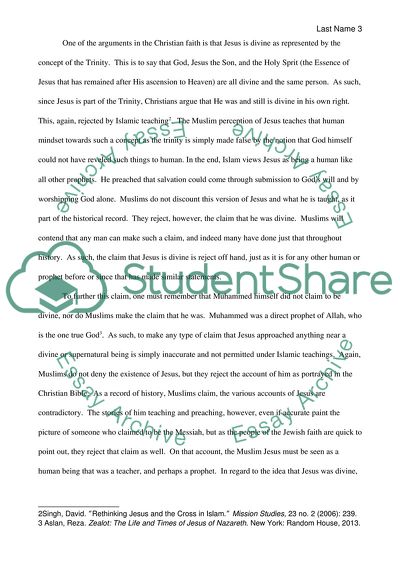Cite this document
(“Muslim jesus Essay Example | Topics and Well Written Essays - 2500 words”, n.d.)
Retrieved from https://studentshare.org/religion-and-theology/1671802-muslim-jesus
Retrieved from https://studentshare.org/religion-and-theology/1671802-muslim-jesus
(Muslim Jesus Essay Example | Topics and Well Written Essays - 2500 Words)
https://studentshare.org/religion-and-theology/1671802-muslim-jesus.
https://studentshare.org/religion-and-theology/1671802-muslim-jesus.
“Muslim Jesus Essay Example | Topics and Well Written Essays - 2500 Words”, n.d. https://studentshare.org/religion-and-theology/1671802-muslim-jesus.


